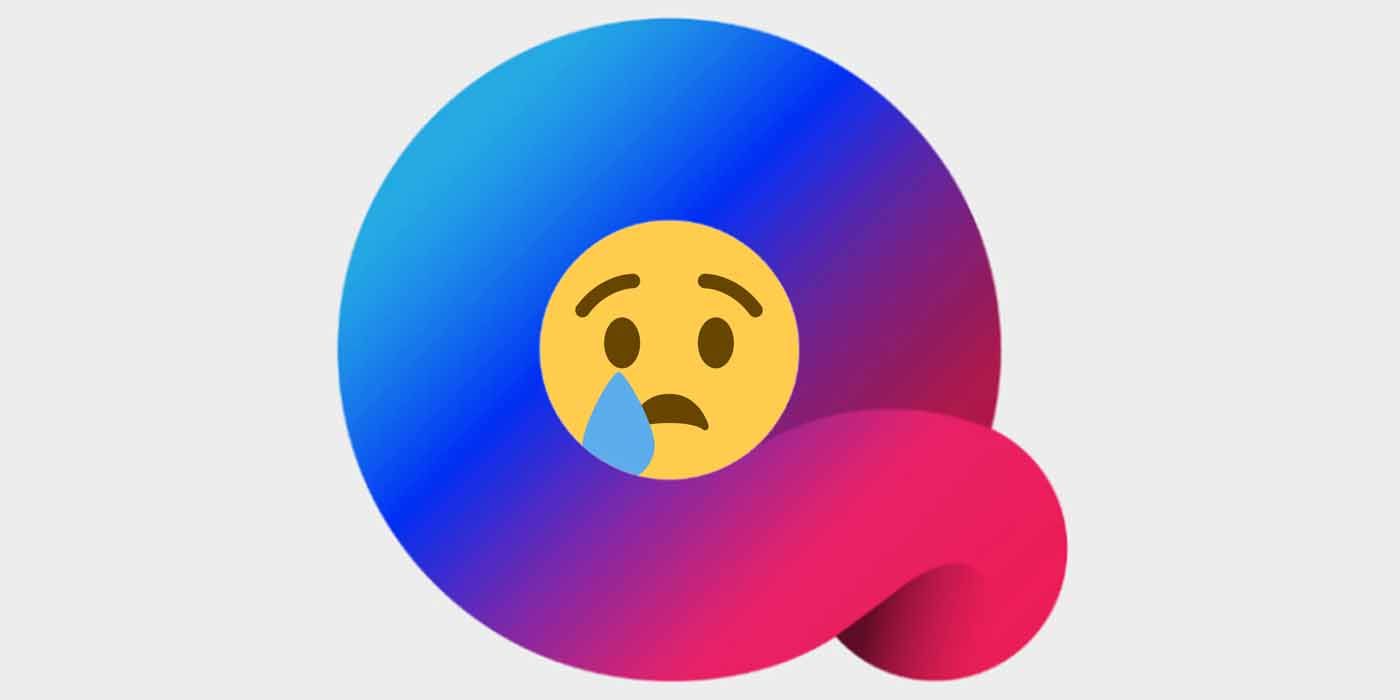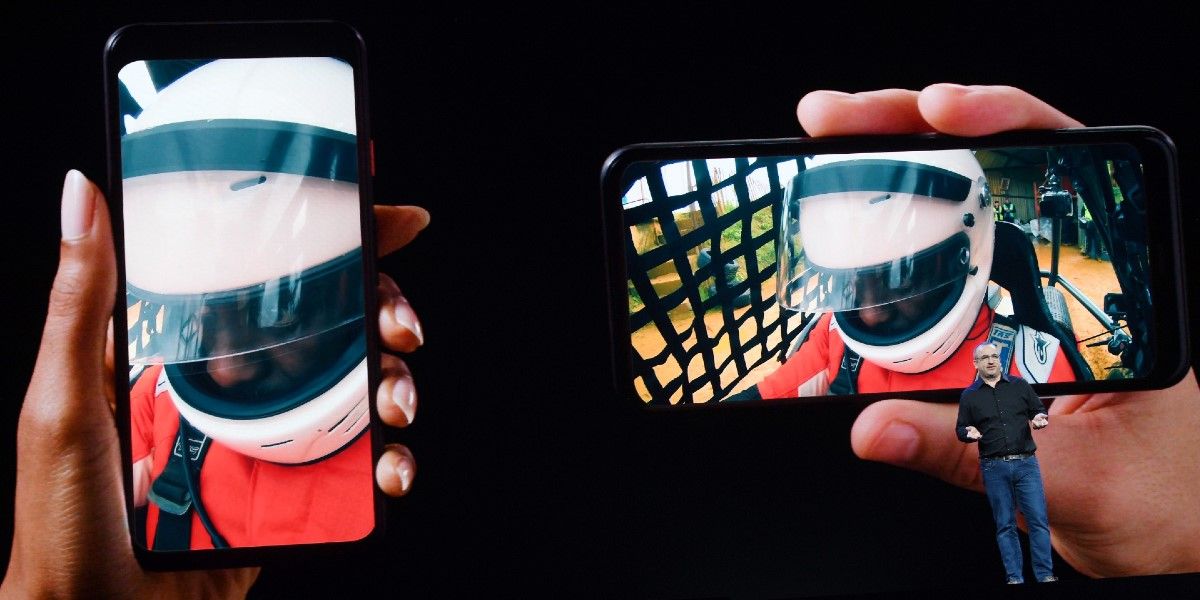2020 has seen the launch of a myriad of streaming platforms, some more successful than others. Warner Bros. notably launched HBO Max, while Universal/NBC did the same with Peacock. Likewise, stalwarts such as Netflix, Hulu and Amazon Prime, as well as still recent platforms, like Apple TV+ and Disney+, have seen continued popularity and tons of new programming. On the other hand, the much maligned Quibi has been anything but a home run, and it'll soon be game over for the streaming service. Officially coming to an end after just half a year on the market, Quibi had quite a few fatal flaws. The biggest of Quibi's flaws was its mobile nature, which automatically condemned the platform to failure amid the pandemic.
While platforms like Netflix, Hulu and others have mobile apps that allow viewers to take their binging on the go, Quibi was made for this format specifically. In fact, the content was initially only available through the mobile app, with no way to watch it on TVs or computers. The idea was that said content, which was made up of short, 10-minute max episodes, would be consumed better in such a format. This more restricted viewing could have likely still been detrimental in the best of conditions, but releasing it amid a pandemic led to an unfortunate, slow death for the service.
The early numbers reflect the initial ambivalence of the service, and those numbers only got worse as time went on. Upon its release, it was the third most downloaded app on the Apple Store, while only being the twenty-ninth on Google Play. While the Apple numbers seem significantly more successful, Quibi fell out of the 50 most downloaded apps within a week of its release. The end of its free trial period would also see almost all of its users dump the app, signaling within a matter of months that things were looking bad.
Quibi had gone public in early April, in the midst of most U.S. states issuing lockdown measures. Being stuck at home became a boon for more traditional streaming platforms, but it worked against Quibi's very premise. The end of the school year and the beginning of summer would typically entail vacations and long days of travel, which would have been optimal for the mobile app. With such activities being utterly halted, Quibi's biggest chance to thrive was ripped out from under it.
Quibi still would have had an uphill battle in making a name for itself amid the glut of streaming platforms. Not only are Netflix and the like far more ubiquitous and defined, but they have a bevy of content from all genres, with original programs that garnered good word of mouth and long established IPs that people love to revisit.
Quibi, on the other hand, was mostly original content, needing the time to carve out a niche to make people take notice of what it had to offer. It didn't help that more established streaming services were releasing instant hits around the time of Quibi's launch, like Tiger King. If more people were commuting, whether for work or vacation, Quibi may have just had the time it needed to gain true popularity and survive, but with people stuck at home among a myriad of other, more accessible distractions, the app had no real chance.
After a disastrous first month, Quibi would eventually take a quick bite of humble pie and have its content be available on TVs. Announced in late May, this was perhaps a last ditch effort to test the waters for the service, but it was likely too little, too late. The first month and a half was the time for Quibi to make a mark in the world, and with its particular niche being a harder sell in the best of conditions while being released during the worst of conditions, the app was doomed to become a quick casualty in the streaming war.


